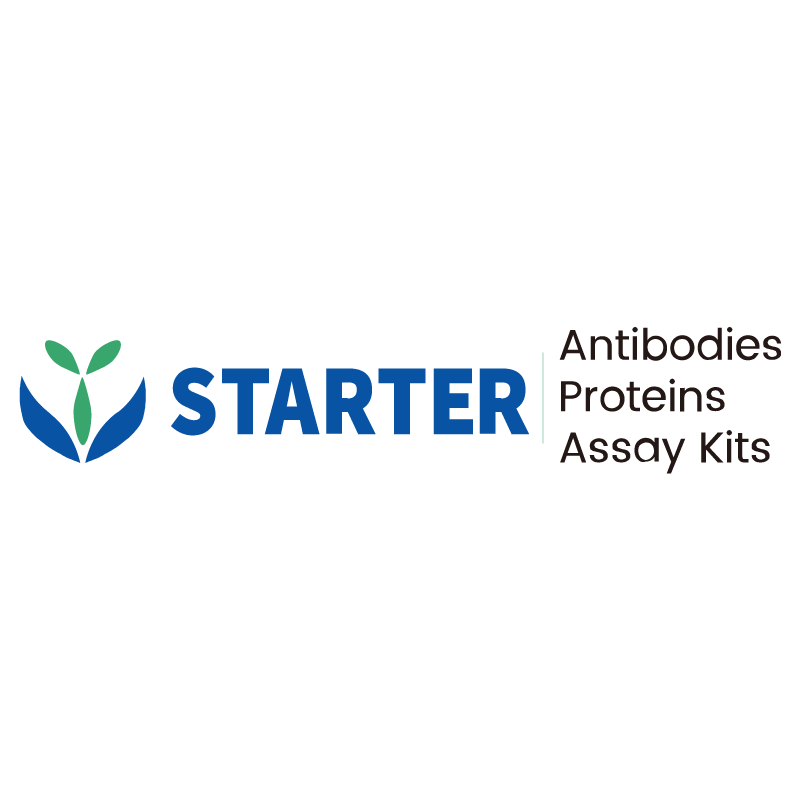Flow cytometric analysis of SD Rat splenocytes labelling Rat CD11b/c antibody at 1/2000 (0.1 μg) dilution/ (Right panel) compared with a Mouse IgG2a, κ Isotype Control / (Left panel). Goat Anti-Mouse IgG Alexa Fluor® 488 was used as the secondary antibody. Then cells were stained with CD3 - Brilliant Violet 605™ Antibody separately.
Product Details
Product Details
Product Specification
| Host | Mouse |
| Antigen | Rat CD11b/c |
| Synonyms | Integrin beta 2 alpha subunit; Itgam; Integrin subunit alpha X; Itgax |
| Location | Membrane |
| Accession | Q9JI30、 D3ZWZ1 |
| Clone Number | S-R630 |
| Antibody Type | Mouse mAb |
| Isotype | IgG2a,k |
| Application | FCM |
| Reactivity | Rt |
| Positive Sample | SD Rat splenocytes |
| Purification | Protein A |
| Concentration | 2 mg/ml |
| Conjugation | Unconjugated |
| Physical Appearance | Liquid |
| Storage Buffer | PBS pH7.4 |
| Stability & Storage | 12 months from date of receipt / reconstitution, 2 to 8 °C as supplied. |
Dilution
| application | dilution | species |
| FCM | 1:2000 | Rt |
Background
CD11b protein, also known as integrin alpha M (ITGAM), is a cell surface receptor primarily expressed on immune cells such as monocytes, macrophages, granulocytes, and natural killer (NK) cells. It forms an α/β heterodimer with CD18 (integrin β2) to create the Mac-1 complex, which is involved in various adhesive interactions crucial for immune responses. CD11b plays a key role in cell adhesion, migration, and immune cell activation, particularly in the context of inflammation and immune surveillance. It interacts with ligands such as ICAM-1, C3bi, and fibrinogen, facilitating processes like phagocytosis and leukocyte extravasation. CD11b is also implicated in the regulation of immune cell differentiation and function, and its dysregulation has been associated with various inflammatory and autoimmune diseases. In cancer immunotherapy, CD11b has emerged as a target for modulating the tumor microenvironment and enhancing anti-tumor immunity. CD11c protein, also known as integrin alpha X, is a type I transmembrane protein that serves as a defining marker for dendritic cells (DCs) and is expressed on monocytes, granulocytes, a subset of B cells, and macrophages. It forms a heterodimer with CD18 to create the leukocyte-specific integrin CR4, which is crucial for cell adhesion and chemotaxis during inflammatory responses. CD11c is particularly important for the capture, processing, and presentation of antigens to T cells, initiating adaptive immune responses. It also plays a role in immune tolerance by promoting the development of regulatory T cells and producing anti-inflammatory cytokines. Additionally, CD11c is involved in the regulation of neutrophil maturation and survival. The protein's function extends beyond DCs, as it is also expressed on other immune cells and can mediate phagocytosis of complement-coated particles.
Picture
Picture
FC


